Although the Chinese government abandoned the one-child policy in 2015, its effects continue to ripple throughout Chinese society. In this article from NetEase’s WeChat wemedia account Wellstudio163, writer Zhang Fan explains that parents and children are still dealing with the consequences of the controversial policy. He cites scientific studies to debunk stereotypes regarding China’s only children and looks at familial issues rather than economic and social effects. The one-child policy is a controversial and sensitive topic in China, and censors have taken this article off the Internet. Nonetheless, getAbstract recommends it to people who cherish a frank look at the consequences of Chinese social policies.
According to the 2010 national census, China had 120 million one-child families. Before 1979, one-child families had been rare because having a lot of children symbolized fortune and prosperity in Chinese tradition. The massive increase in the number of one-child families after 1979 is a demographic change that will have long-lasting effects on society.
The number of one-child families in United States and Europe began to increase noticeably only at the beginning of the 20th century. Early research about one-child families was biased against them and gave rise to stereotypes that persist today. Many still believe that children without siblings are maladjusted, spoiled and lonely. According to a survey by the United Nations, many families decided to have a second child because they didn’t want their first child to have only-child flaws. Early Chinese research came to similar conclusions, and the view of only-children as “little emperors” spoiled by the entire family, “giant babies” that never grow up, and “mama’s boys and mama’s girls” who are completely dependent on their parents still dominates the public discourse.
However, later research in the West and...







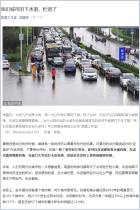
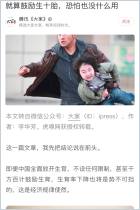
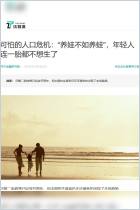
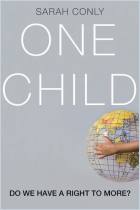
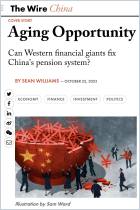
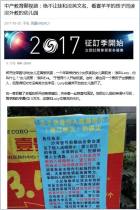








Comment on this summary